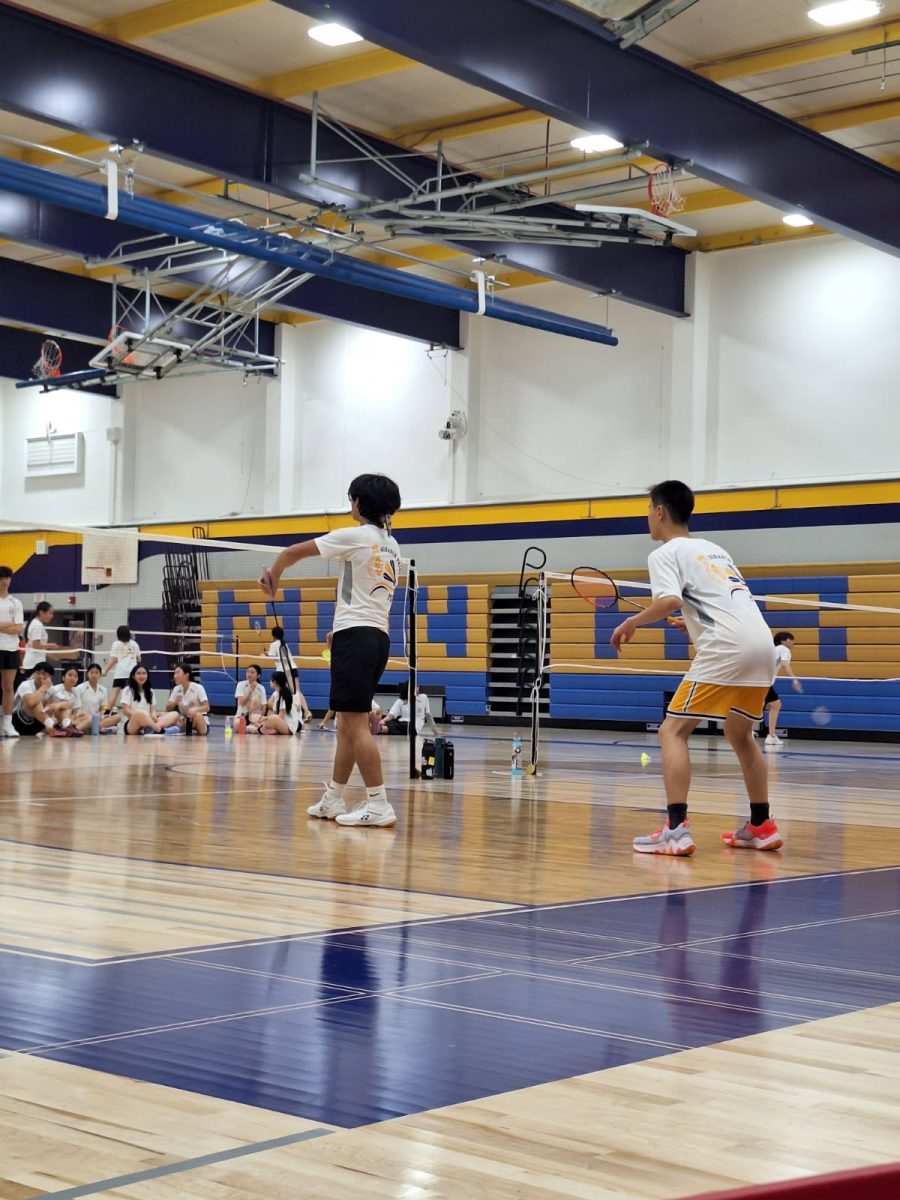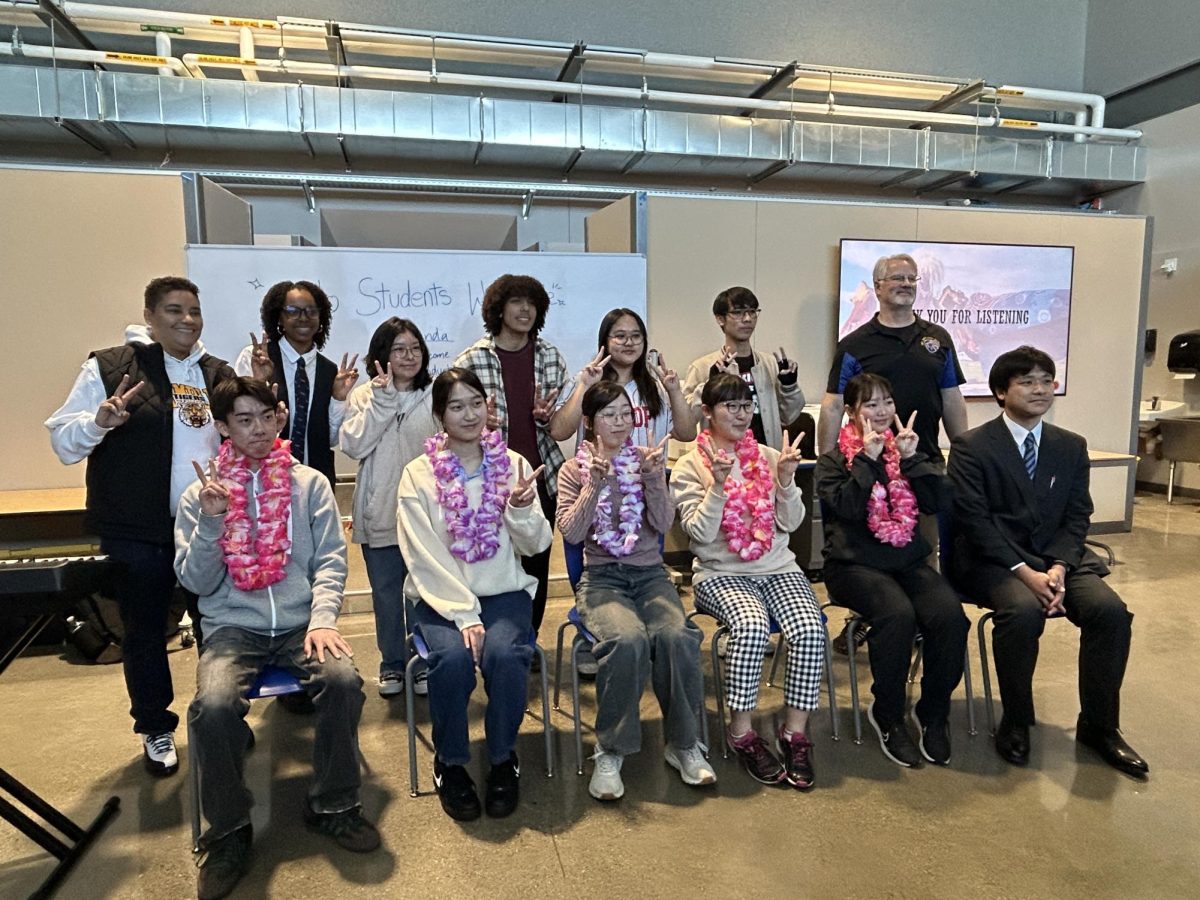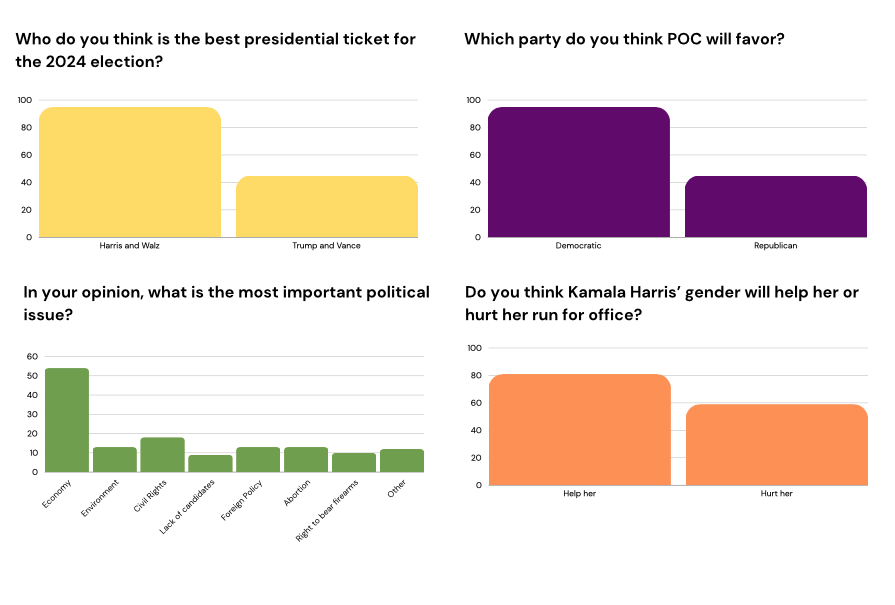For years, the mass production of phones has led to such devices being readily available for the general public and for a wider demographic, including the youth. From flip phones to iPhones, students have long felt drawn to use their devices to chat with friends, even while in class. Teachers attempt to restrict student’s usage of phones by banning it in class to bring back focus to their lessons. However, today’s society is much more reliant on technology, and as such, everyday tasks seem to require some sort of device. Are phones simply distractions hindering students’ educations, or are they devices necessary for adolescents’ navigation in the modern world?
One argument denouncing phone usage during class is that phones pull attention away from teachers, leading to students learning ineffectively. “It’s part of the culture now,” said Mt. Eden teacher Jeff Huang. He notes that these days, people are almost instinctively drawn to their phones, especially when idle.“I think in a classroom environment, it’s kinda detrimental because people just have their phones out,” stated Huang. When he sees a student on their phone while he is delivering a lesson with important material, he has to decide whether to disrupt the flow of the class or to try to regain their focus.
Teachers like Huang aren’t simply echoing the same complaints; they are also backed by professionals. According to Boston University, in a study conducted by the United Nations Educational, Scientific, and Cultural Organization (UNESCO) it was found that students’ brains need approximately 20 minutes to refocus their attention to the classroom after replying to a text, even if the task took no longer than a few seconds. Additionally, according to Harvard professor of social and behavioral sciences, Michael Rich, attempting to multitask on assignments while simultaneously scrolling on your phone is “actually rapid-switch-tasking. And the problem with that is that switch tasking may cover a lot of ground in terms of different subjects, but it doesn’t go deeply into any of them.” Experts make it clear that students’ phone usage stops them from fully absorbing the contents of their education.
However, despite these observations, others say that phones and other forms of technology have become integral to students’ daily lives, and that schools should take into account technology’s significance to students, especially in relation to recent events. According to the Harvard Gazette, the COVID-19 pandemic led to students having unrestricted access to their devices during distance learning, and experts suggest integrating technology into teaching methods rather than forcing students to conform to a complete shift to offline learning.
Furthermore, one common concern about restricting phone use in class is that it limits students’ ability to contact their families in the event of a crisis. For Mt. Eden junior Danika Reyes, this issue pertains to her. “Personally, it is a major concern for me as someone who contacts their family a lot for family emergencies at school,” stated Reyes. “I understand you’re not allowed to be on it, but if I do receive an important call or text, I’m gonna answer it.”
The argument of whether or not phones should be allowed is influenced by concerns of the quality of education provided by schools, as well as the ability of students to conduct their lives in a technology-dependent world. However, it is clear that arguments regarding phone usage in class, whether for or against, are for the wellbeing of the student.




















